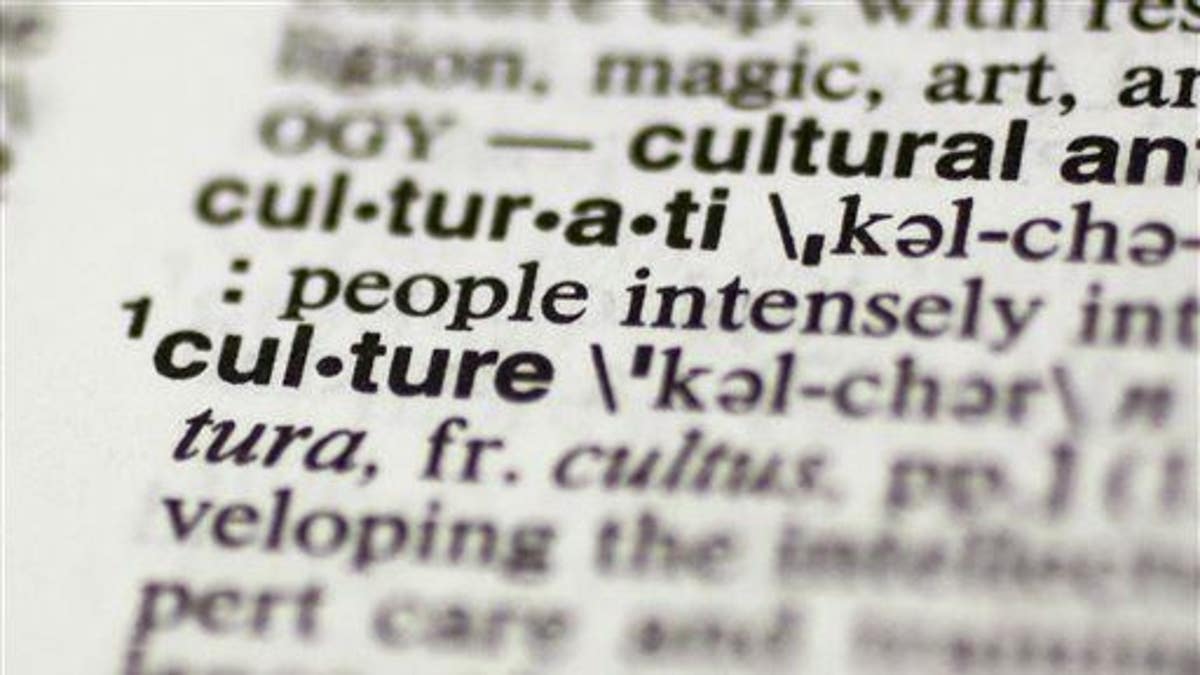
How many words do you think you know? (AP Photo/Richard Drew)
You don't have to be a lexicographer to have a pretty ample lexicon—but your word knowledge still may not be as ample as you think. At least, that's according to a Ghent University study published in the Frontiers in Psychology, said to be the largest ever of its sort.
It estimates that by the time average native speakers of American English turn 20, they know about 42,000 lemmas—basic, "uninflected" dictionary words—and build that vocabulary by about 6,000 more of those words by the time they hit 60, or about one new word every couple of days.
That doesn't count proper names and variations of those original inflected words, which the study says accounts for often-inflated numbers of known vocabulary words, with some estimates reaching 200,000 words—eliciting a "deep sigh" from linguistic scientists when asked how many words people know.
The English test, which has been shared on social media and resulted in the test being taken by more than 1 million people so far, was based on the researchers' original test in Dutch, per a release.
More From Newser
Drawing from a list of 62,000 words, the test includes 70 words and 30 sequences of letters that look like words but aren't. Participants—who are also asked for their gender, age, and native language—are then shown one word or letter sequence at a time on a computer screen and asked if it's an actual word, giving researchers a large data set to work with to figure out the 42,000-word average.
A similar test has also been administered in Spanish, and study leader Marc Brysbaert hopes to expand the exam to up to 75,000 words. "I can imagine future language researchers will be interested in this database to see how English has evolved over 100 years, 1,000 years, and maybe even longer," Brysbaert says.
(Donald Trump's campaign may help us boost our vocabulary.)
This article originally appeared on Newser: You Don't Know as Many Words as You Think You Do
More From Newser
